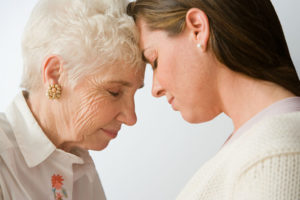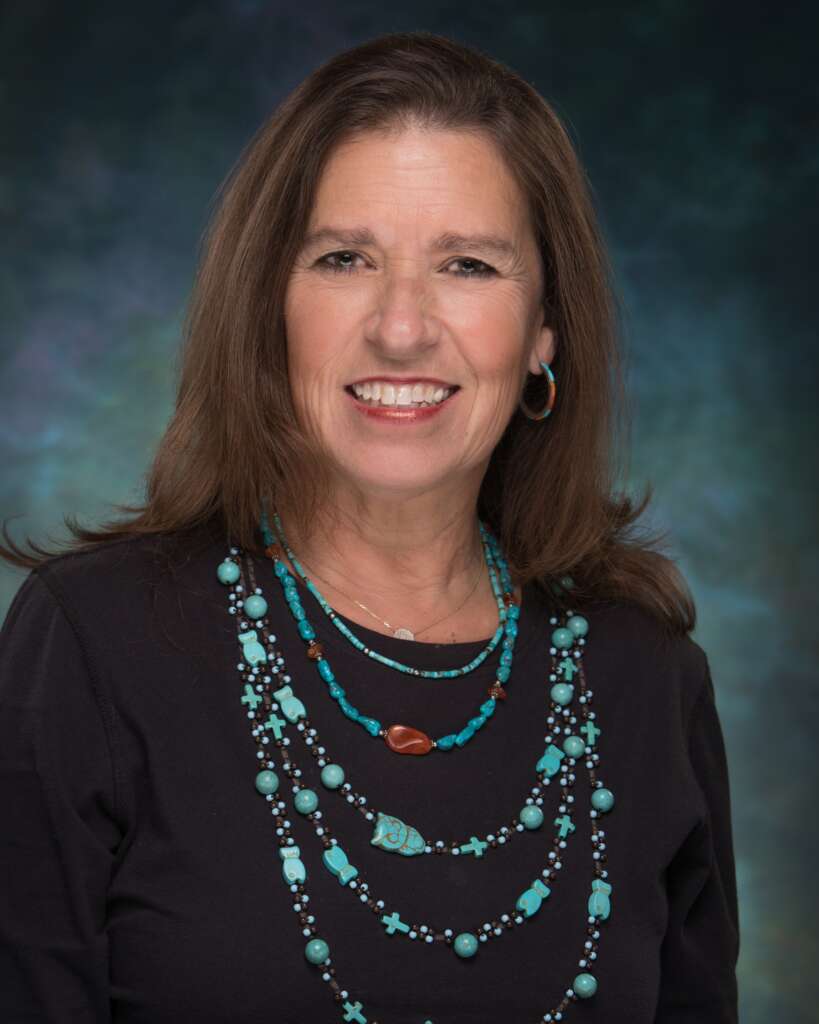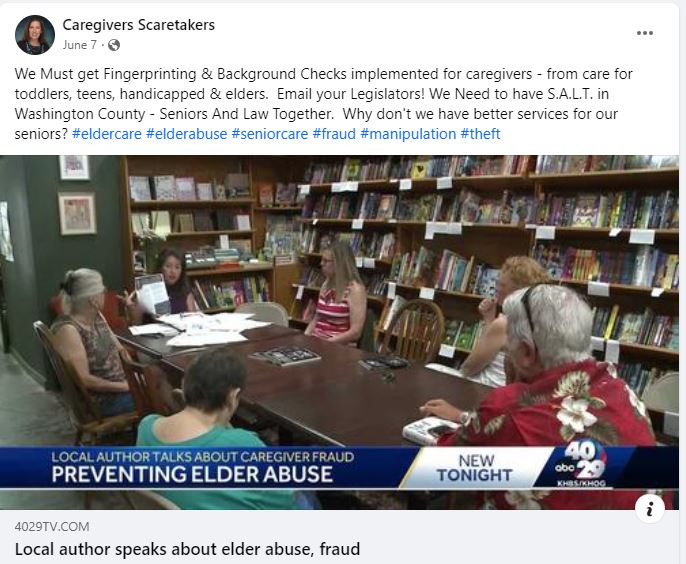
Stories | Blog
Greetings Dear Readers!
Thanks for visiting our site. We hope that this site helps you to avoid the scams that plague and target our beloved seniors.
As time passes I have more material from YOU, our readers, we will post real life stories about what is happening to YOU! Of course, names will be changed and identities protected.
Email Us: info@caregiverscaretakers.com
BOISE — The former home health aide accused of putting a disabled Boise man in an extremely hot bath — resulting in his death — is back in Ada County after being arrested in California.
Authorities booked Omar Hamadi, 24, into Ada County Jail on the afternoon of Nov. 8 after he was charged with neglect or abuse of a vulnerable adult. He appeared in court Friday and had his bond set at $10,000.
Hamadi is accused of putting Benjamin Reed, 38, into a bathtub of “scalding hot water” on May 16, under circumstances likely to produce “great bodily harm or death,” according to a copy of his criminal complaint. Hamadi was reportedly working as a home health aide for A Caring Hand in Boise, a home health care agency.
The Boise Police Department confirmed that Reed was hospitalized May 16 after being put in the hot water and was transported to a burn unit at a hospital in Salt Lake City, where he died May 27.
Reed’s roommate previously told the Idaho Statesman that Reed couldn’t walk or take care of himself due to Huntington’s disease. Huntington’s is a fatal, incurable genetic disorder that breaks down nerve cells in the brain, according to the Huntington’s Disease Society of America. It erodes a person’s physical and mental abilities. Symptoms usually appear between the ages of 30 and 50, and worsen over a 10-to-25-year period.
A warrant was issued for Hamadi’s arrest on Aug. 30 but he wasn’t apprehended until October, when law enforcement located him in San Diego. Police said at the time that Hamadi had moved to California and that they needed to arrange for extradition back to Idaho.
Defense attorney Jon Cox has been retained by Hamadi’s supporters. Cox said in court Friday that Hamadi has cooperated with law enforcement since learning that there was a warrant for his arrest. Hamadi called the Ada County Sheriff’s Office himself when he learned of the warrant, Cox said.
Cox said that Hamadi is not guilty of a crime and that Reed’s death “at the most is a horrific accident.”
Abuse of a vulnerable adult is punishable by up to 10 years in prison.
Hamadi’s next court appearance is set for 8:30 a.m. Nov. 18.
Group Home Trio Was Part Of Was In Horrible Condition
LAS VEGAS, NV (KXNT) – Las Vegas Metro Police have made three additional arrests that involve alleged abuses at an unlicensed group home on the Valley’s southeast side
Calvin Leslie, Mary Jefferson and Devon Floyd were all taken into custody on arrest warrants for multiple felonies.
Back in September, 54 year old Bruce Wycoff was arrested after an investigation yielded proof of unsanitary conditions and abuse against residents living at the home on Parkdale.Avenue.
Through the course of the investigation, detectives learned that employees of the group home were exploiting victims who were mentally handicapped, dependable or homeless and qualified for SSI or other benefits.
The victims were promised their medical needs, health and food would be taken care of at the group home. It was reported the facility had unhealthful or unsanitary conditions and had no operational bathrooms.
The facility was employing several persons who had violent criminal backgrounds and were reportedly seen armed with firearms. Victims were being intimidated and told not to contact law enforcement.
Leslie, Jefferson and Floyd were booked into the Clark County Detention Center on multiple felonies involving elder abuse.
https://kxnt.radio.com/articles/news/three-additional-arrests-made-elderly-abuse-case
I attended the Oregon Geriatrics Society 20th annual conference on Oct. 4-6 in Sunriver Here’s how they described it: “For health care professionals who care for older adults.” It was my first time at this particular conference, and I went with a wonderful group of other professionals from the Rogue Valley.
This conference primarily focused on medical providers, and we were all so pleased to be included at this event. If you know of a medical or older-adult-focused practitioner who might be interested in this conference, I give it my highest recommendations. Check out their website: oregongeriatricssociety.org. Next year’s conference is scheduled for Oct. 2-4, 2020, and Sunriver is where it’s always held. You will love this!
In these next few columns, I will be presenting some of the information I received that is relevant to our local community of aging adults. Since there were about 20 presentations, I can’t address them all.
Let’s start with one topic that was offered twice on different but related aspects. One presented by two attorneys was called “Elder Abuse and the Department of Justice.” One of these speakers was with the attorney general’s office and the other with the criminal justice division. The second talk was “Adult Protective Services (APS) Case Studies in Long-Term Care Facilities and Community Settings,” by two professionals in this field. It’s obvious this is a very concerning topic for all aging individuals.
In these presentations, it offered some important ways to note the signs of and the importance of inquiring about potential abuse. They discovered that many people, if asked directly, will admit to a serious problem, but will not reveal this unless this is actually addressed. Something to keep in mind if you’re concerned about anyone’s safety.
Here are some other specifics I learned about elder abuse at the conference. Did you know that doctors, among a list of other professionals, have a mandatory duty to verbally report this? They also used a term, polyvictimization, which means that if someone is being abused in one way, that person usually is being abused in other ways as well. For example, most cases of verbal abuse indicate that financial abuse is also occurring. And sad to say, but the majority of abusers (90%) are family members: spouses or partners, adult children or grandchildren; or other trusted individuals. In 2018 in Oregon, of all the forms of abuse (verbal, physical, neglect, etc.), financial exploitation had the largest percentage at 36%. Frequently these cases involve adult sons living with their aging mothers. I have seen this myself too many times here and know how serious and devastating this is.
It’s also perfect timing for this column, since from 9:30 a.m. to 3:30 p.m. Nov. 14, there will be a free, annual elder abuse conference at the Medford Library. And since the focus is on financial aspects of abuse, it’s really important. You will learn about the risk factors and how to protect yourself from this form of abuse. It’s presented by Senior and Disability Services at Rogue Valley Council of Government (RVCOG). The keynote speaker is Billie McNeely, Adult Protective Department’s elder financial exploitation specialist. There will also be a panel of local experts, and happily for all, lunch is provided. If you would like to register, please visit rvcog.eventbrite.com.
Everyone should also know how to report any type of suspected abuse anywhere in the state. Call the Department of Human Services (DHS) Hotline at 1-855-503-SAFE (7233). You can remain anonymous and help someone who might need your intervention. In fact, there is a statute which provides immunity to any person who reports abuse in good faith. The person they are concerned about can be living in their own home, or in any community-type facility, such as assisted living, dementia care or adult foster care homes.
There is so much more to be said on this topic and the various forms of abuse that can take place in someone’s life. Plan to attend this upcoming event, or go online to get more info and protect yourself and your loved ones. Online, you can go to the National Center on Elder Abuse: ncea.acl.gov. They have educational materials and publications to help you out. It’s too sad that we need organizations like this one and the local upcoming event, but this information is key to being safer.
Ellen Waldman is a certified aging life care professional. Submit questions about aging and Ashland-area aging resources and column suggestions to her through her website, www.SeniorOptionsAshland.com.
‘They left us with nothing’: This elderly couple says they were evicted from their home of 20 years after their son transferred ownership. 3 ways to avoid exploitation as you age
An elderly California couple was devastated when they were served an eviction notice in April for the home they’d been making regular payments on for two decades.
Ismael and Angelita Ramirez recently told Fox26 News in Fresno they had purchased their home back in 2003 with their son, who told them they didn’t need to include their name on the title.
“He told us [the person helping them] told him it wasn’t necessary. And well, since we don’t know English, that’s where they lied to us,” said Ismael, who speaks Spanish, as translated by Fox26 News.
The eviction notice reportedly stated that the owner of the home was selling the property and the couple said they later learned their son had transferred ownership to a woman who sent them the notice.
The couple has tried hiring a lawyer to help them, but so far have had no luck. Each attorney has refused to accept the case upon learning the property was originally in their son’s name.
“We thought, why did our boy do that to us if he knew the house was ours?” Ismael said.
Elder abuse impacts millions of Americans
It appears the Ramirezes may have been victims of elder abuse — which is far more common than you might think.
The National Council on Aging reports up to five million older Americans are affected each year, while victims of financial abuse are estimated to lose at least $36.5 billion a year.
In almost 60% of elder abuse and neglect cases, the perpetrator is a family member — often the adult child or spouse of the victim — says the council.
The couple told Fox26 News they’ve since been displaced and their Social Security income isn’t enough to buy a new home or even afford to rent. They’ve been living with their daughter in the meantime.
“They left us with nothing,” Ismael said.
On the bright side, a GoFundMe fundraising page was set up on behalf of the Ramirezes and has blown past its $45,000 goal, with around 1,700 donors raising over $58,000 to date.
Here are five ways to avoid being exploited as you get older, or to protect your aging parents from predators.
1. Appoint a power of attorney
A power of attorney (POA) allows an individual to act on your behalf in legal or business matters — and you can appoint this person while you’re in control of your mental faculties.
Appointing a financial POA allows someone to manage your financial affairs, including signing and mailing checks, filing tax returns and managing investments on your behalf. They can have specific and limited powers, or more broad capabilities.
But it’s important to be careful who you select to safeguard your finances, as the Ramirezes learned firsthand. You should only appoint someone you really trust — but you can tell your (trusted) friends and family about your POA so they can look out for you. You could also request that your agent report to another person so that they’re held accountable for any transactions they make on your behalf.
Read more: Owning real estate for passive income is one of the biggest myths in investing — but here’s how you can actually make it work
2. Keep track of your credit history
Make sure to always keep a close eye on your financial statements — look for things like suspicious charges you never authorized or new credit cards and loans being opened under your name.
You can even consider getting a credit monitoring service to help you detect these errors.
And if you do notice something suspicious, be sure to notify your bank or credit union about the unauthorized transaction as soon as possible so they can investigate the issue.
3. Consult a (good) financial adviser
Speaking to a financial adviser about managing your money can be extremely helpful — as long as you’re picking the right one.
To prevent being taken advantage of, you need to do your research. Look into your prospective adviser’s credentials, experience and reviews, and make sure to ask them plenty of questions to assess whether they’re the right fit for you.
4. Watch out for scams
People of all ages fall for scams all the time, but older adults can be especially vulnerable. In 2022, adults over the age of 60 reported 88,262 complaints to the FBI’s Internet Crime Complaint Center — amounting to a total loss of $3.1 billion.
These can include cryptocurrency and romance scams, Medicare and health insurance scams and even fraud related to COVID-19.
Make sure to do your research, don’t share any personal information with people you don’t know and stay cautious when anyone shares a “get rich quick” scheme.
5. Write up a living will
Unlike estate planning, a living will or medical directive details how you wish to be cared for and treated in the event that you cannot express these wishes on your own.
A living will is legally binding and can include directions around matters like resuscitation, invasive life-sustaining measures, pain relief, antibiotics and more.
This article is from December 13, 2023 and found at yahoo finance. The platform notes: this article provides information only and should not be construed as advice. It is provided without warranty of any kind.

DAUGHTER DEPLETES HER MOTHER'S ESTATE
A daughter living with her mother systematically depleted her mother’s estate by coercing her to fund various unsuccessful ventures. This went on for many years depleting a very large estate. The remaining family members are considering legal action to stop the carnage.

DHS IGNORED THE DIRE SITUATION OF AN ELDERLY MOTHER
One never knows what DHS is going to do. It so heavily depends upon the agent whose attention you have or do not have. My Mom was living in a roach infested old house with almost no food when DHS came knocking at my request because I lived many miles away and did not have the resources to get there. She, as many elderly do, rallied just enough that the agent did not perceive the extent of her dementia. He allowed her to stay in her home with no help and basically ignored the whole situation. When I got there, I had her committed into a home where she was taken care of. The authorities were of little help.

NEPHEW REMOVED FROM WILL
A son of one of two sisters retired to his home town to take care of his aging mother and her sister, his aunt. The two sisters had a friend/caregiver who became a huge influence over them. Through her influence, she persuaded the sisters to change their will and leave their money to a local charity and completely exclude the rightful heir.

My Story
I am like you. I was working in my career when a crisis happened. Dad fell and broke his hip. “One Fall Does it All”. His independent living ceased. I interviewed a Home Care Agency that I was referred to and believed they would provide good quality care for him. I entered into the wormhole of home caregiving. First for my dad, later for my mother, and then I learned of other adult children experiencing the same difficult circumstance. Trusting Agencies to Care for Our Loved Ones. My experience and this book, ‘CareGivers ScareTakers’ reveals the gut wrenching difficulties that caring for a loved one at home involves. Be Aware and Be Prepared! Raising the Bar on Caregivers will Raise the Bar on the Quality of Care.
My Mission
My mission is to get better and stronger laws to protect our vulnerable loved ones “VLO’s”. Namely to require fingerprinting and FBI Rapback for all caregivers in the industry, from daycare to senior care. The stories in my book are “Only a Glimpse” of the daily atrocities that happen to our VLO’s. I learned it wasn’t just my situations but many of us “adult children” are ill equipped on how to handle a crisis moment when we are instantly thrust into the wormhole of healthcare, regardless of our profession. I am not alone and neither are you. Many of us are from dysfunctional families and it is up to us to help one another on our journey with the care of our loved ones in their lasting years. When reading Caregivers Scaretakers, you will learn what to look for and how to best qualify an agency or independent caregiver and mistakes to avoid.
CONNECT WITH US
We invite you to share your stories with us. Your stories will help us spread the word about the pitfalls of hiring strangers to care for your loved ones or you.
Copies of CareGivers ScareTakers are available by clicking on one of these links: Amazon, Kindle, Barnes & Noble or Smashwords. Thank you, sincerely.




